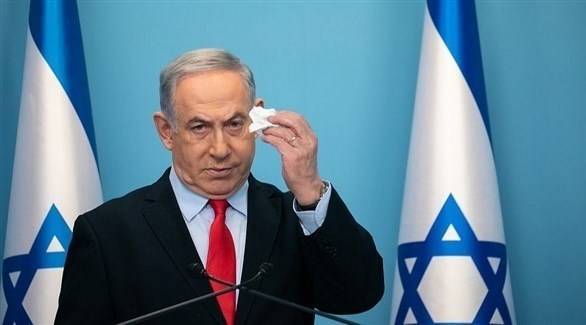The civil unrest between Jews and Arabs in Israel dealt a heavy blow on Thursday to the efforts of Yair Lapid, the main political rival of Prime Minister Benjamin Netanyahu, to form a new government and oust the Israeli leader. Naftali Bennett, head of the far-right Yamina party and a potential kingmaker after the inconclusive parliamentary election on March 23, announced that he had abandoned coalition talks with opposition leader Lapid and preferred to form a broader unity government.
Lapid, who leads the centrist party Yesh Atid, has three weeks left in his 28-day mandate from the Israeli president to try and form a governing coalition. If he fails, new elections are likely, which would be the fifth in Israel within two years. A plan for a rotation of the prime ministership between Lapid and Bennett was under consideration, but would require support from Arab lawmakers to secure a parliamentary majority.
Israeli media reported Bennett saying that the current conflict with the Arab minority in Israel, which makes up 21 percent of the population, would make such a government impossible. The violence between Israel and Gaza has added a new front to the tensions between Jewish Israelis and the Arab minority. Synagogues have been attacked, and clashes have erupted in the streets, prompting the Israeli president to warn of civil war.
Mansour Abbas, head of the United Arab List, told Channel 12 of Israeli television that Bennett had contacted him to say that the so-called "change government" with Lapid was now "off the table." In a televised address, Lapid expressed regret over Bennett's decision but stated that he would continue his efforts to form a coalition. Israeli political commentators see little chance of success for him.




